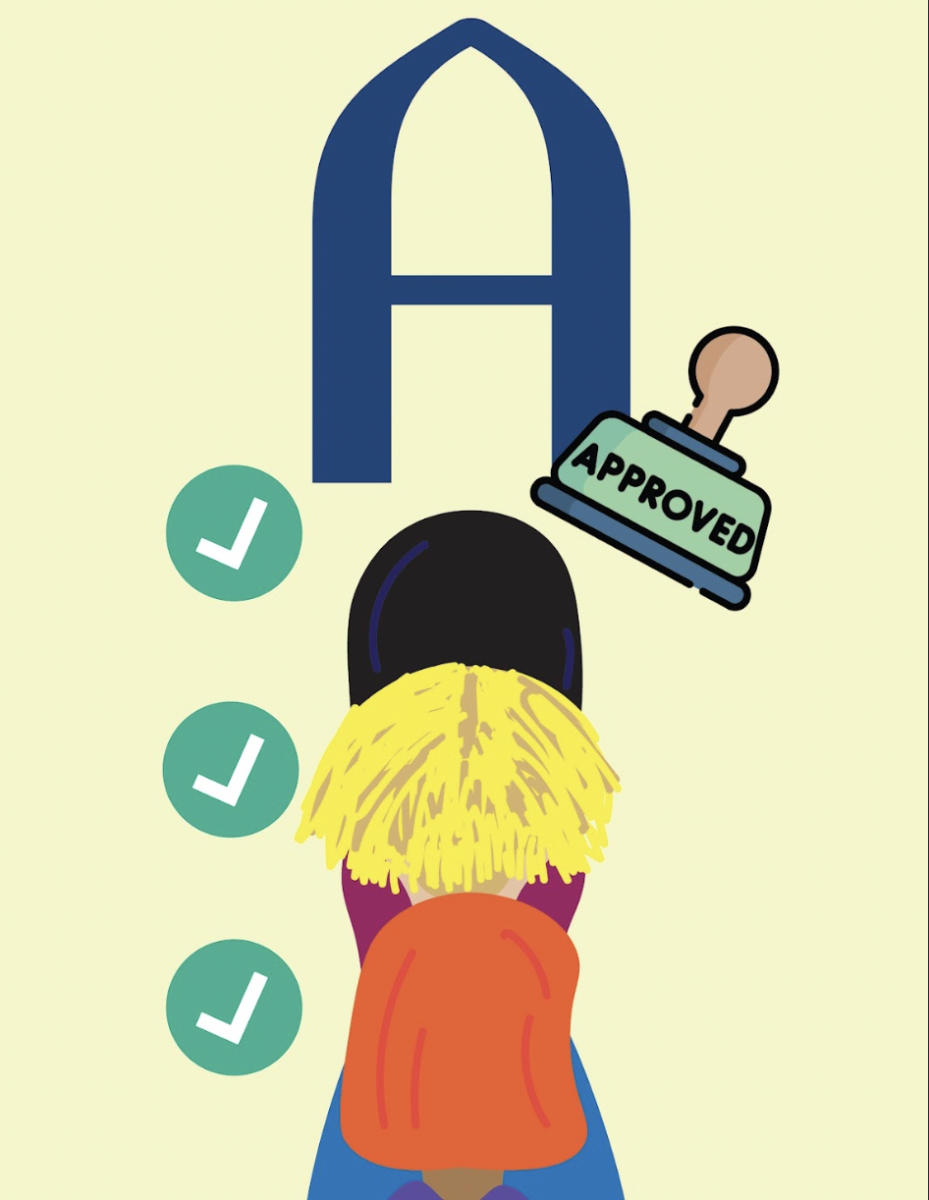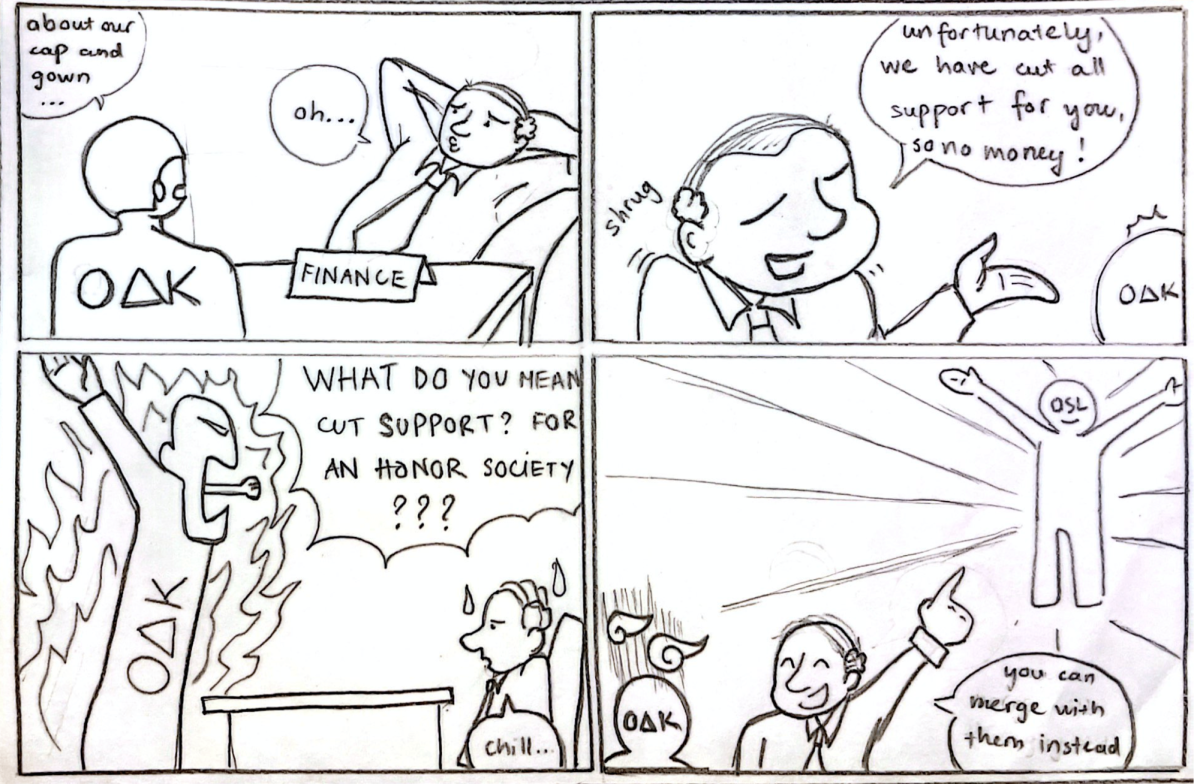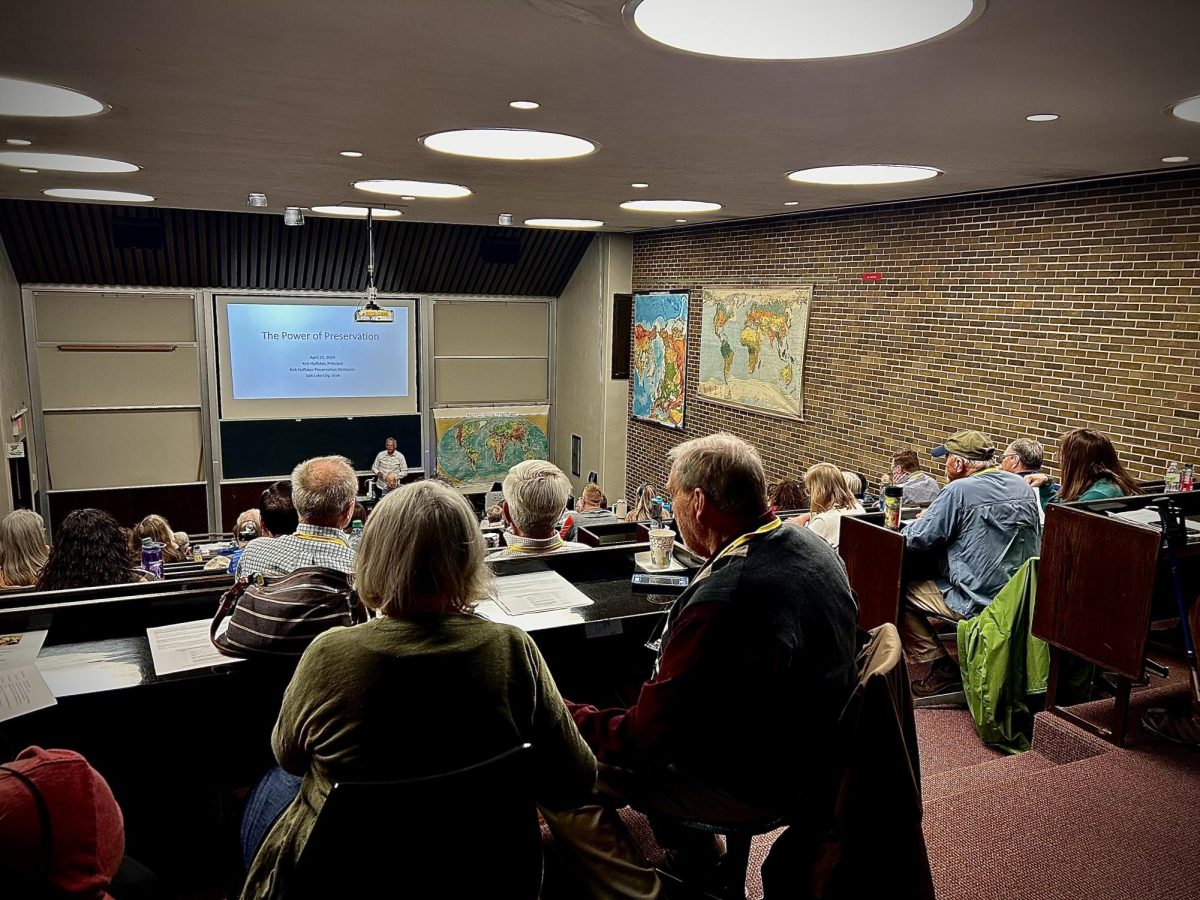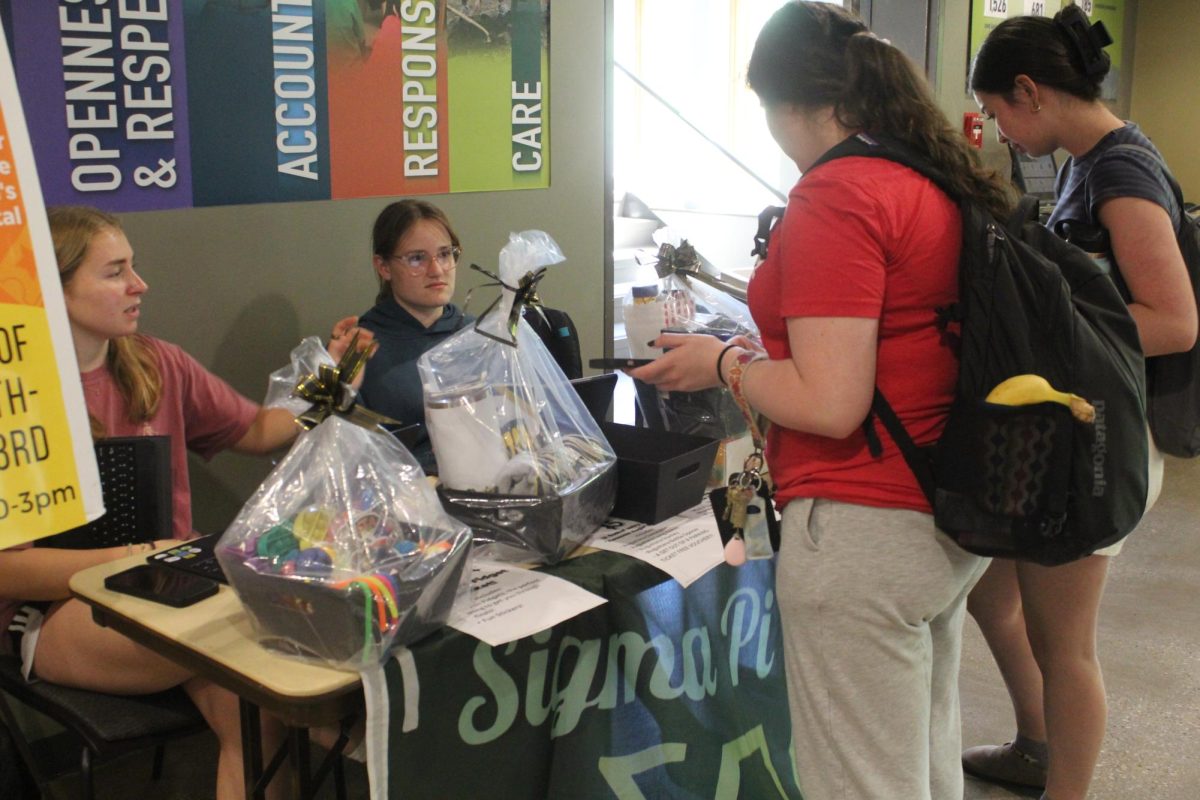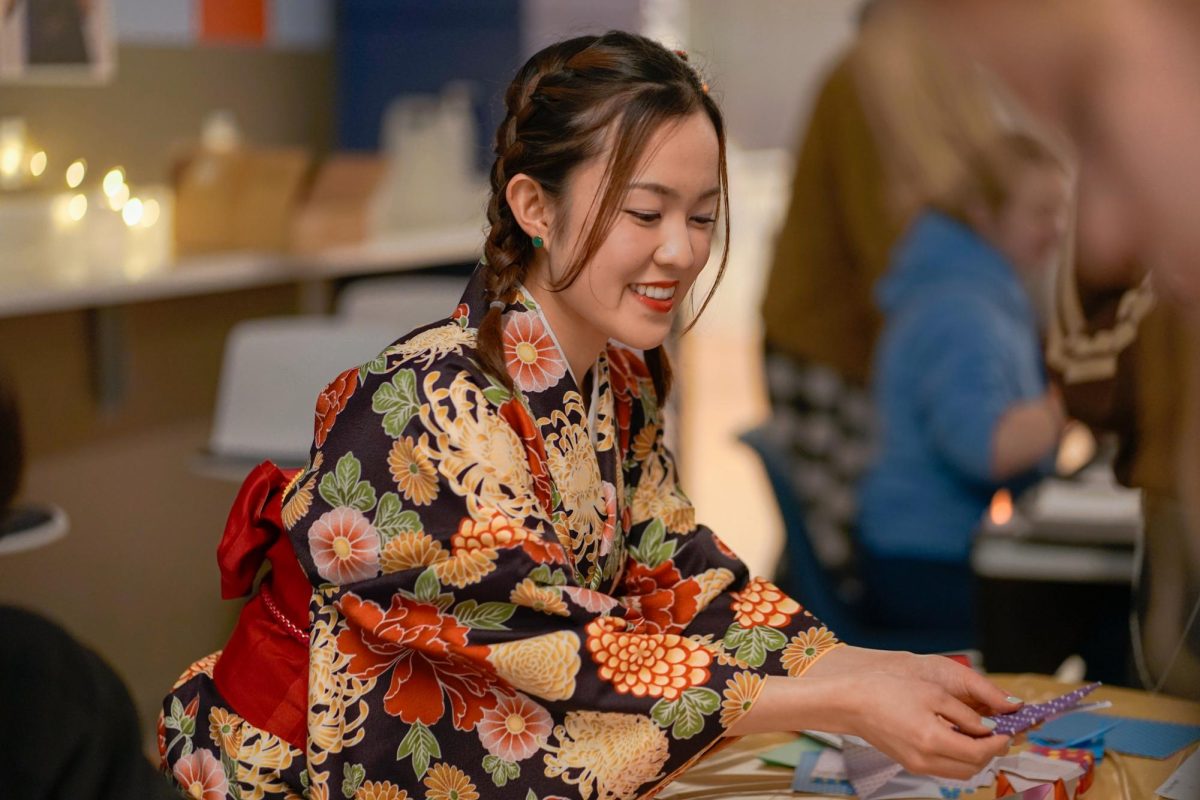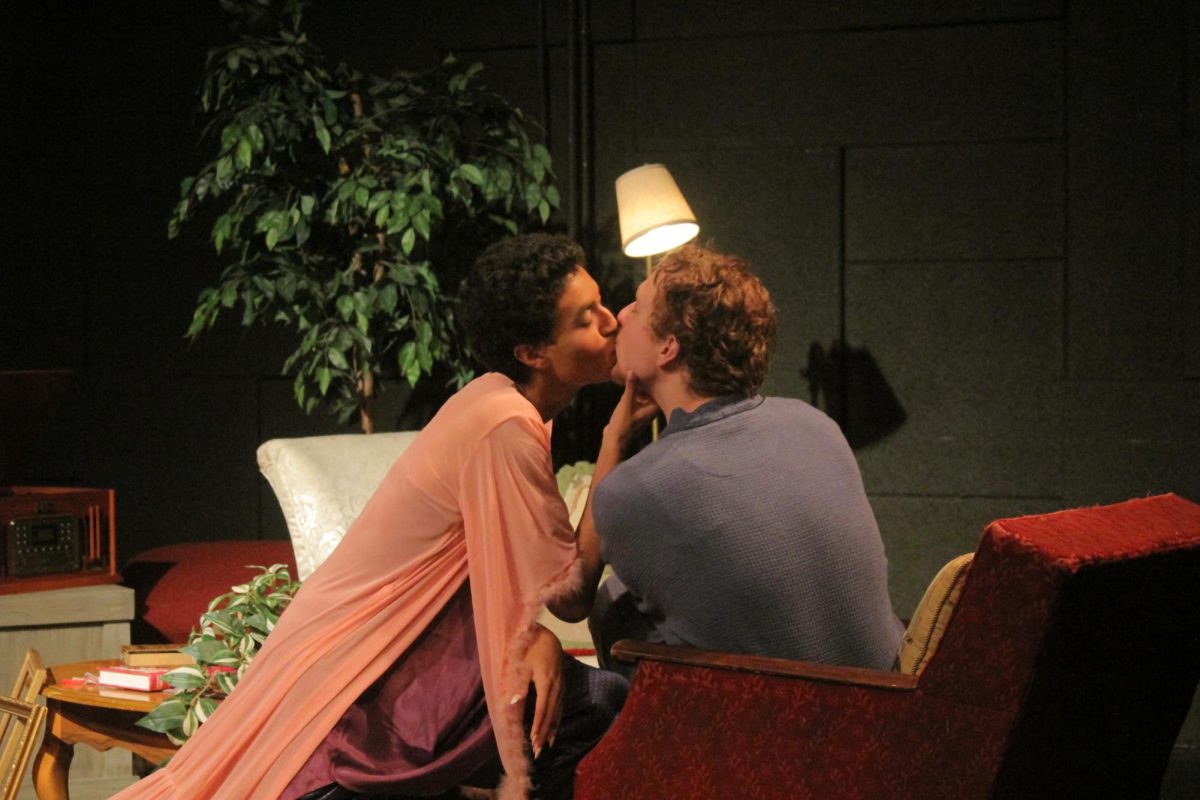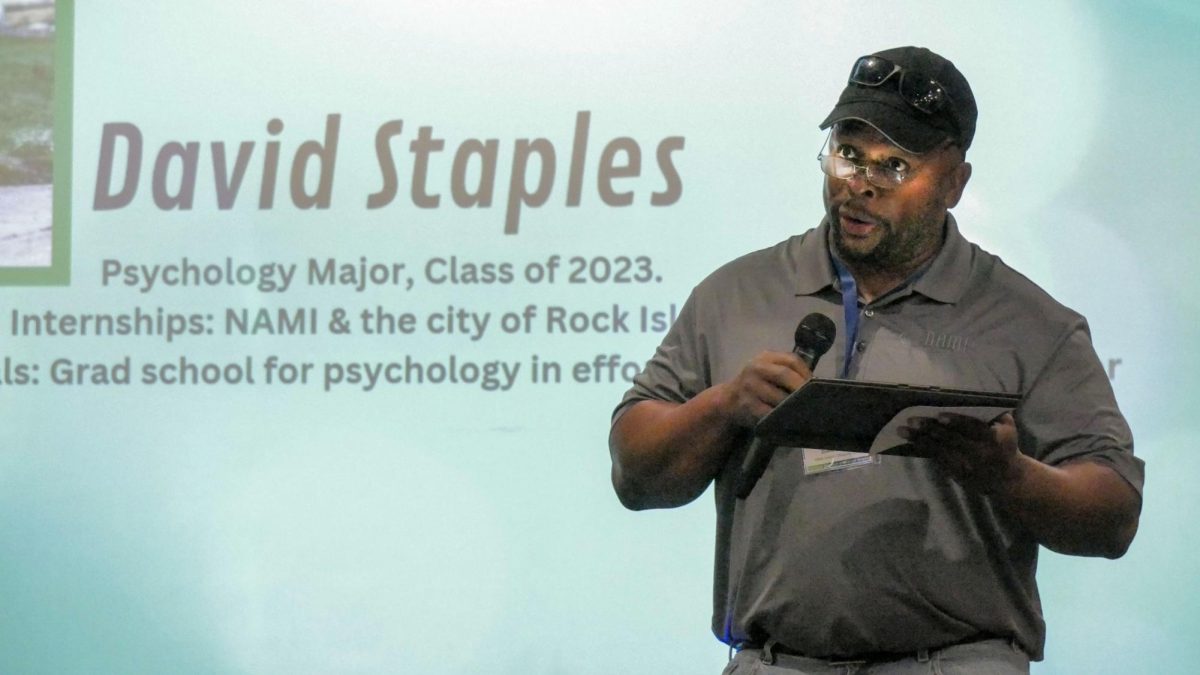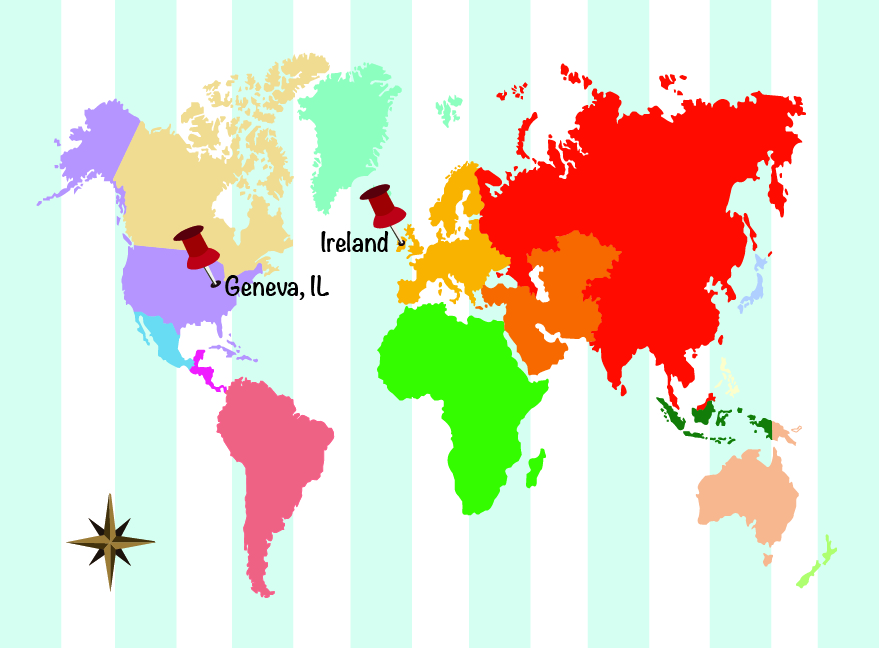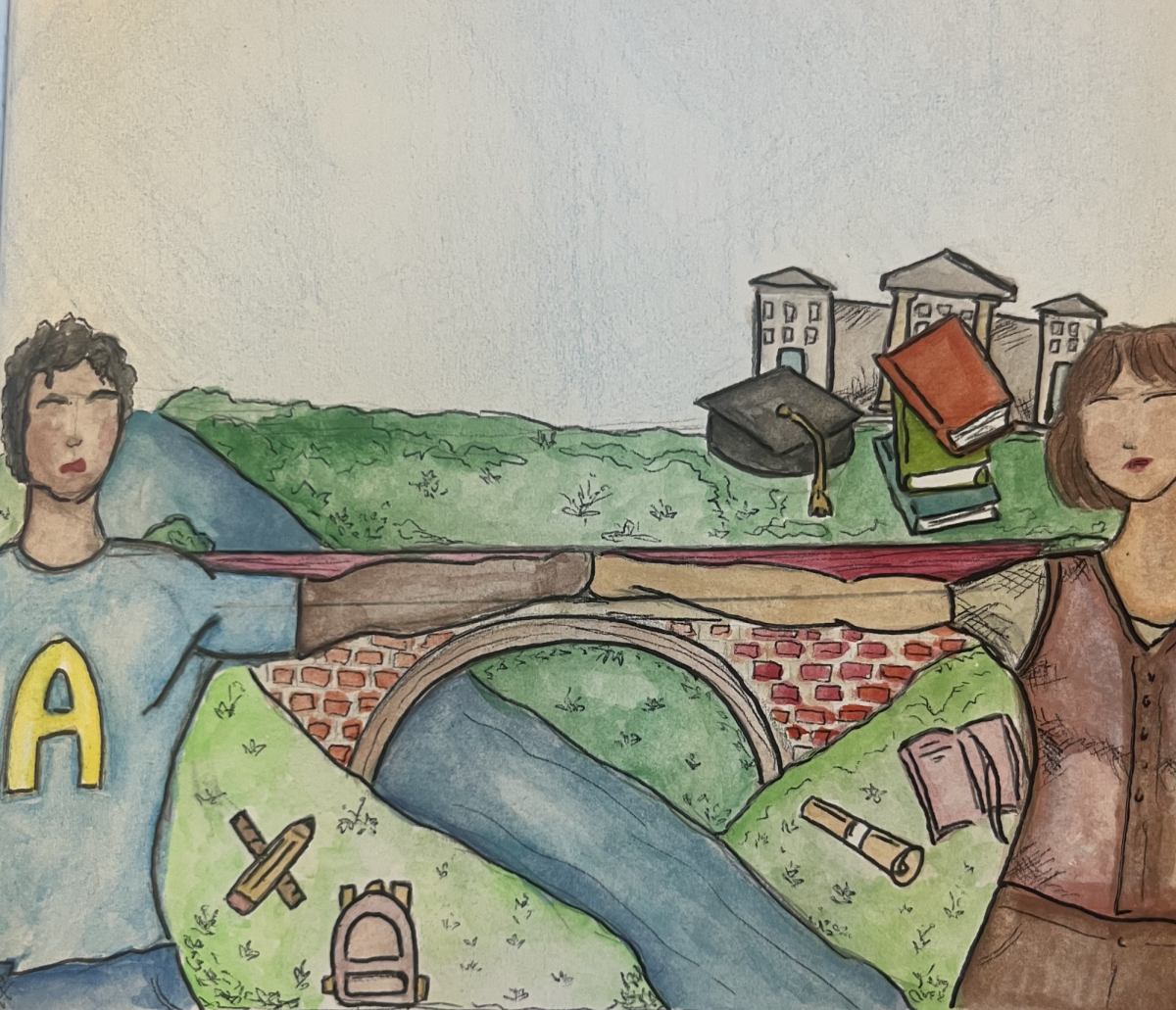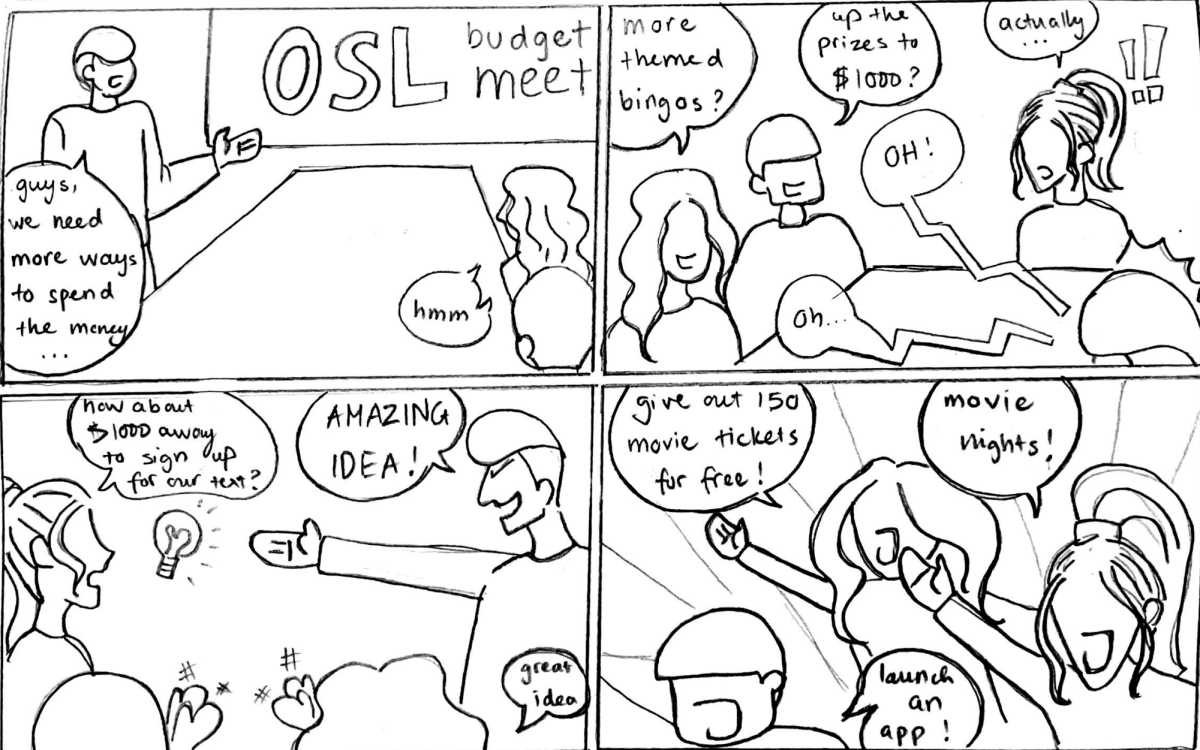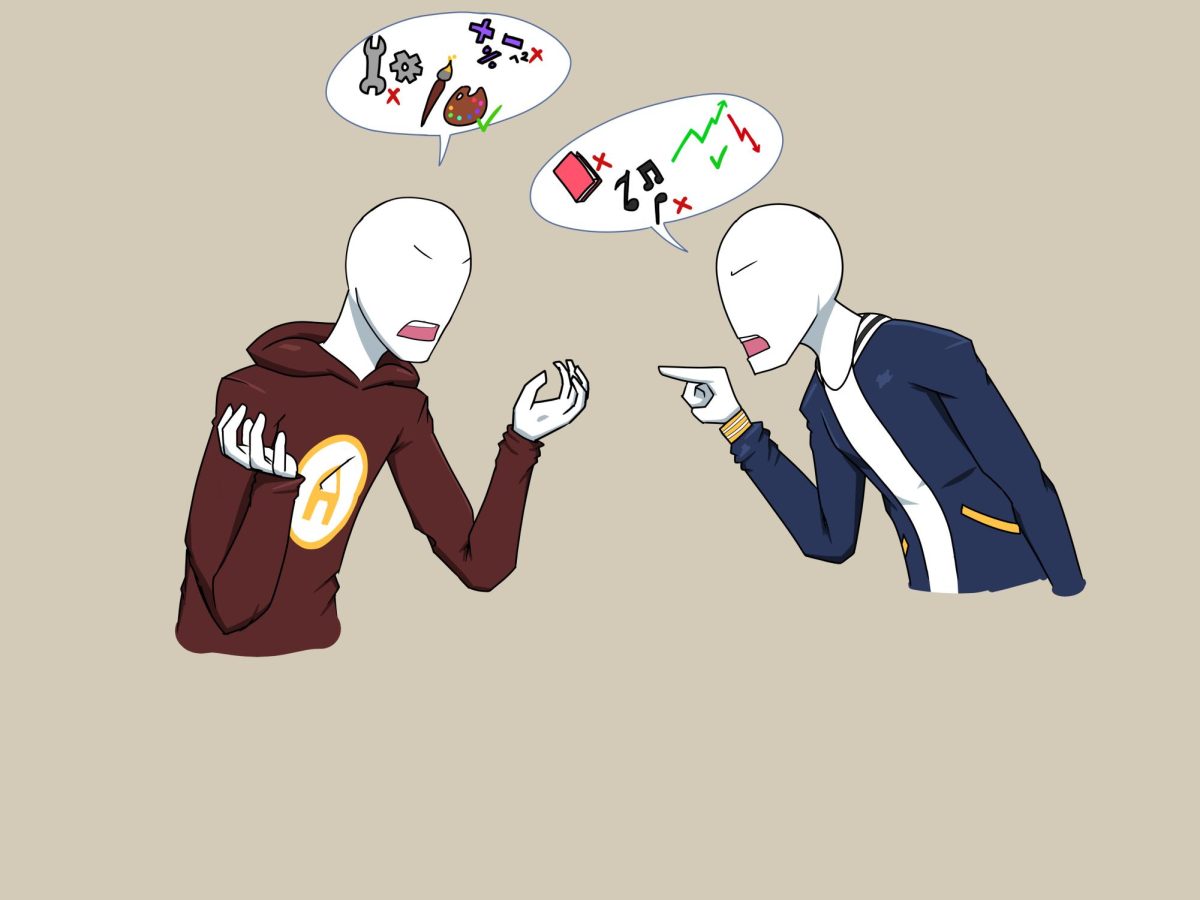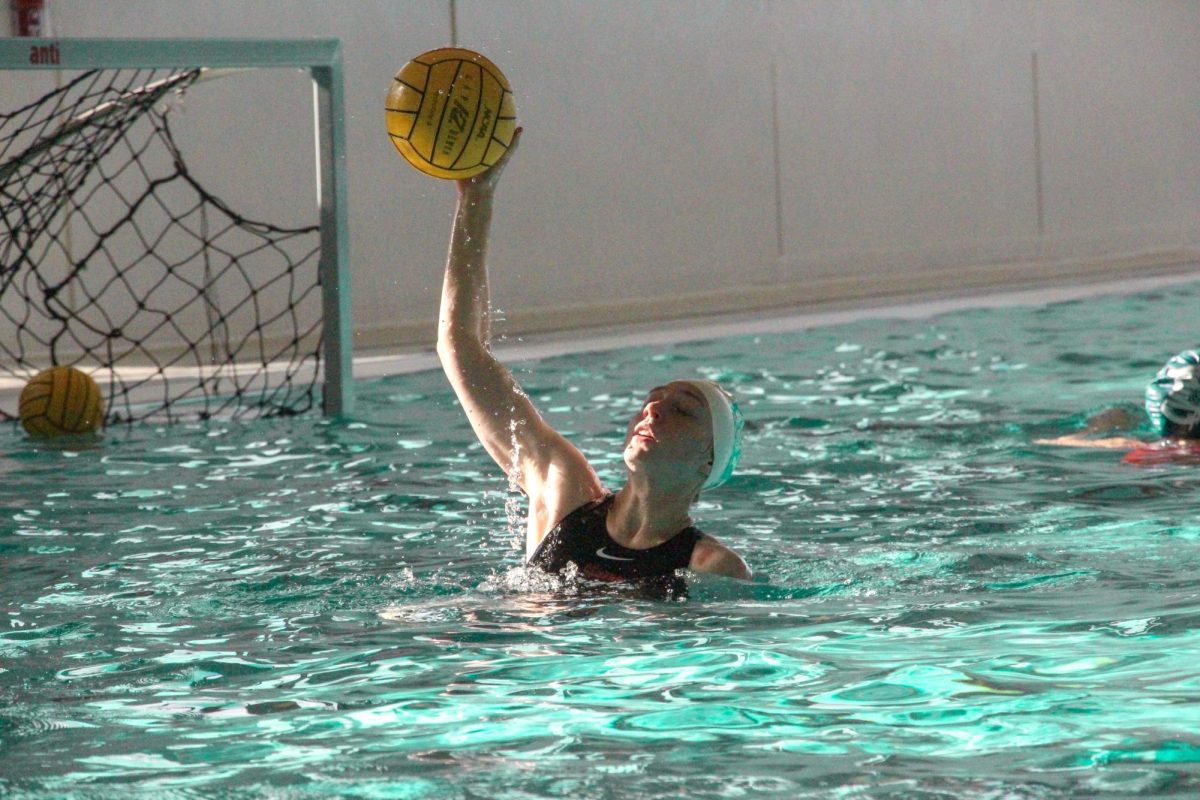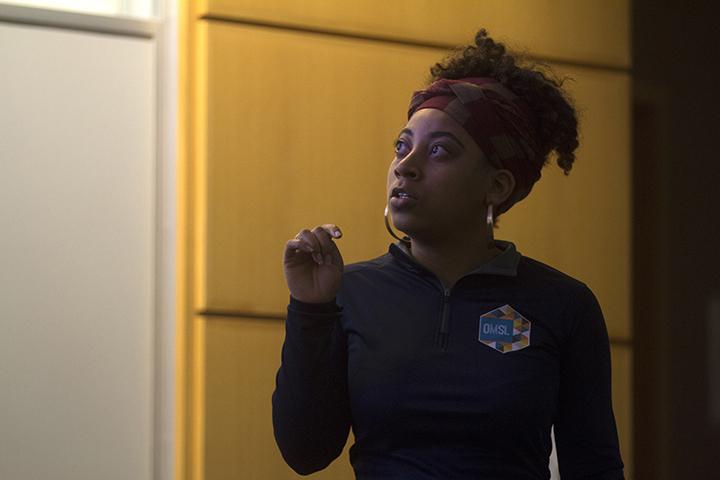During the fourth week of the winter term, two conversation series were held at Augustana College. The first was on Monday, Dec. 4, “Ain’t I Politically Correct?’ and the second was on Thursday, Dec. 7 on Cultural Appropriation vs. Appreciation.
The first conversation was conducted by the Office of Multicultural Student Life in collaboration with Sustained Dialogue. The second series was held by members of the Educational Programming Committee from the Global Engagement Team. More specifically, the series is one of several Internationali-T.E.A discussions.
The first series was held in the Olin Auditorium and welcomed all students to attend. To get the ball rolling, the question “What does being politically correct mean?” was asked, and those in attendance were encouraged to form small groups to discuss possible answers.
Shirquanna Freeman, a senior studying communications, was one of the conversation’s presenters. She said, “The presentation was basically about how did [political correctness] come about, when should you use it, and is it silencing people. Our goal was not to give people an answer to that, but to have them think of it themselves—which is the whole point of a conversation series. We want to get people thinking and get a flow of conversation on campus going.”
After small group discussion, political correctness was defined as “the avoidance, often considered as taken to extremes, of forms of expression or action that are perceived to exclude, marginalize, or insult groups of people who are socially disadvantaged or discriminated against.” Using this definition, a Samsung commercial depicting culturally diverse people and their respective holidays was shown, and attendants were asked whether or not the commercial could be considered politically correct.
A virtual survey was then given to prompt further conversation, and included questions such as “Is it hateful or offensive to say illegal immigrants should be deported?” and “Is it hateful or offensive to say homosexuality is a sin?”. These inquiries then lead to a discussion on the differences between political correctness and hate speech.
“I didn’t think that that many people would be willing to talk, but I was just like ‘Wow, we created a space where people feel like they can share their own opinions.’ No one who had the opposite opinion was yelling or shouting—I feel like it went pretty well for a conversation series,” Freeman said. “I would just say try to be open and understanding to others and the terms that they identify with and the terms that they prefer others to use.”
The idea for the second discussion came to sophomore Aditi Marcella, co-chair of the committee during Halloween: “I saw a lot of people wearing costumes that were representative of other cultures, and it’s not like they asked people from that culture if this was okay, like, ‘Am I portraying this the right way?’ and I thought maybe people from that culture could take offense to that. So, if we could come up with a way to educate the campus on how to be mindful of other people’s cultures and respecting their rich origins and traditions of things, that would be very interesting.”
At the beginning of the session, the committee provided participants with tea and snacks in order to create a relaxed environment. The discussion facilitators then went over the guidelines of the session, making clear that what one individual says does not speak for everyone from their culture. Then, after those guidelines had been well-defined, the facilitators began asking discussion questions.
At this particular session, a video was shown to depict the differences between cultural appropriation and cultural appreciation. “The video mostly showed examples of cultural appropriation in our society, and how we should identify it. But the point of this discussion was not to provide a solution, the purpose of it was not to tell people ‘don’t do this, do this instead,’ it was more like, ‘become aware of the things that are happening around you so you can communicate better from different cultures,’” Marcella said.
To provide an example of cultural appropriation, Marcella said, “Let’s say for Halloween you wear feathers from Native American culture, but you’re not wearing it because you identify that those feathers might mean something and you’re just wearing it because it’s a part of your costume, that would be appropriation because you don’t really understand what they are or what they stand for.”
Senior Katie Le, the committee’s communication coordinator, said that in contrast, “Cultural appreciation is when you have an understanding about a culture. For example, let’s say you go to the temple to celebrate a religious event because you want to learn, you want to see and appreciate other cultures—that is an example of cultural appreciation.”
Jingwen Yang, one of the committee’s co-chairs said, “The reason why I wanted to do this was because I want Augustana to be open-minded to the world, to global issues. We need to really know what is happening in the world.”
Students engage in cultural discussion
December 14, 2017
Shay Freeman, who works in the OMSL, talks about political correctness during “Ain’t I Politically Correct?” on Monday. Photo by Kevin Donovan
